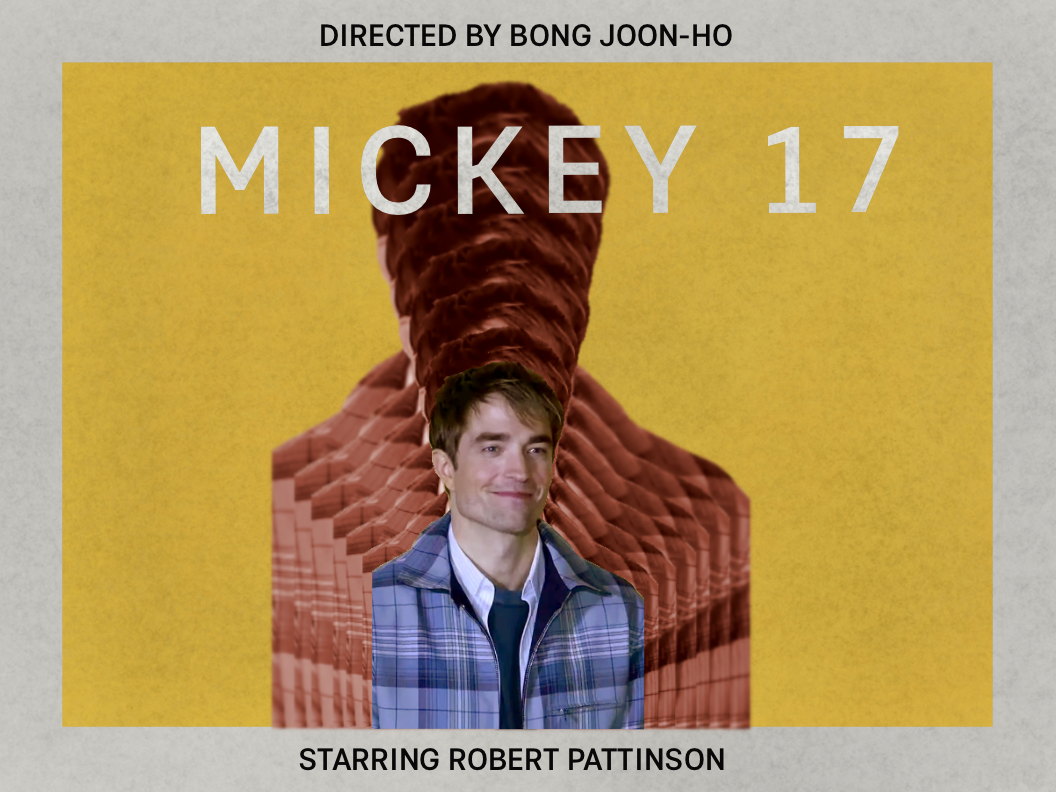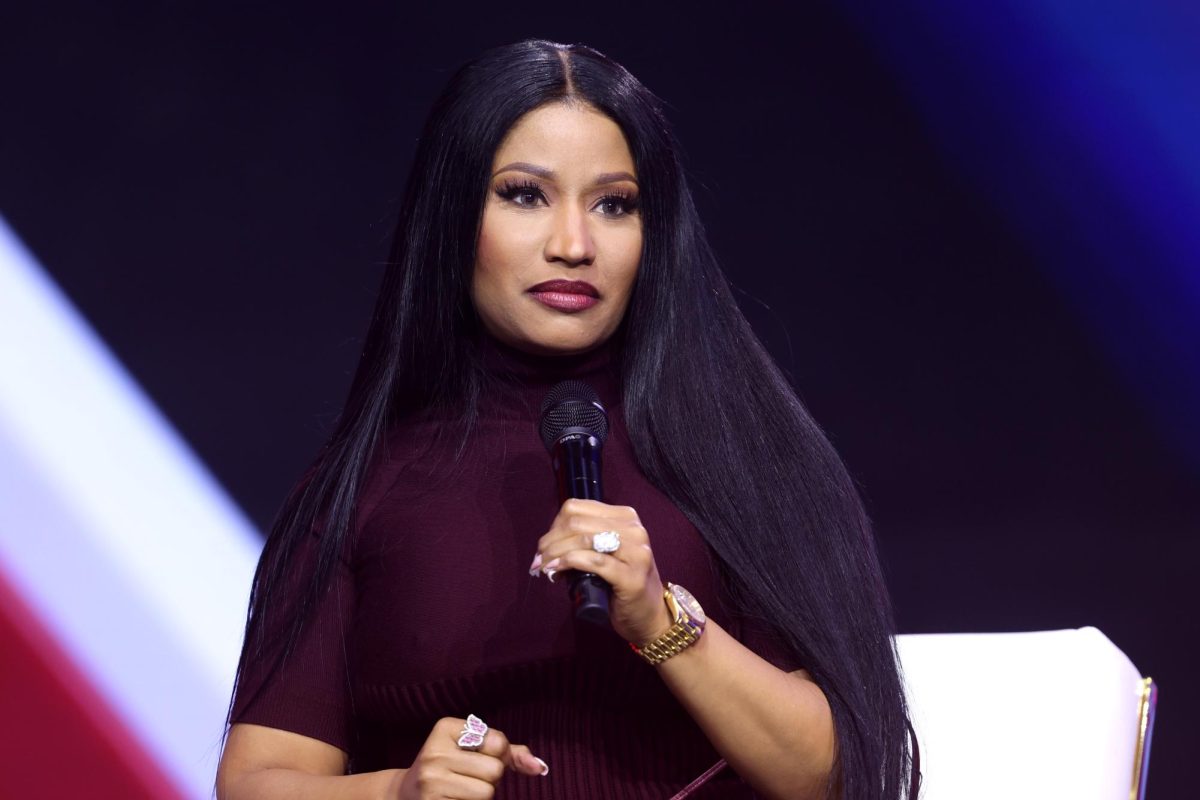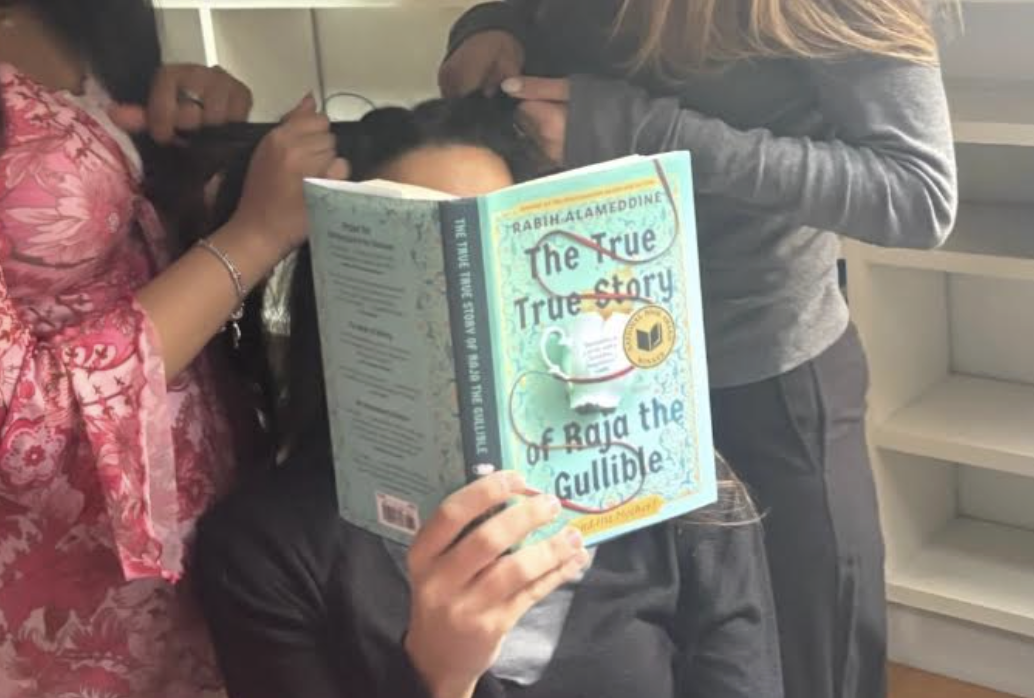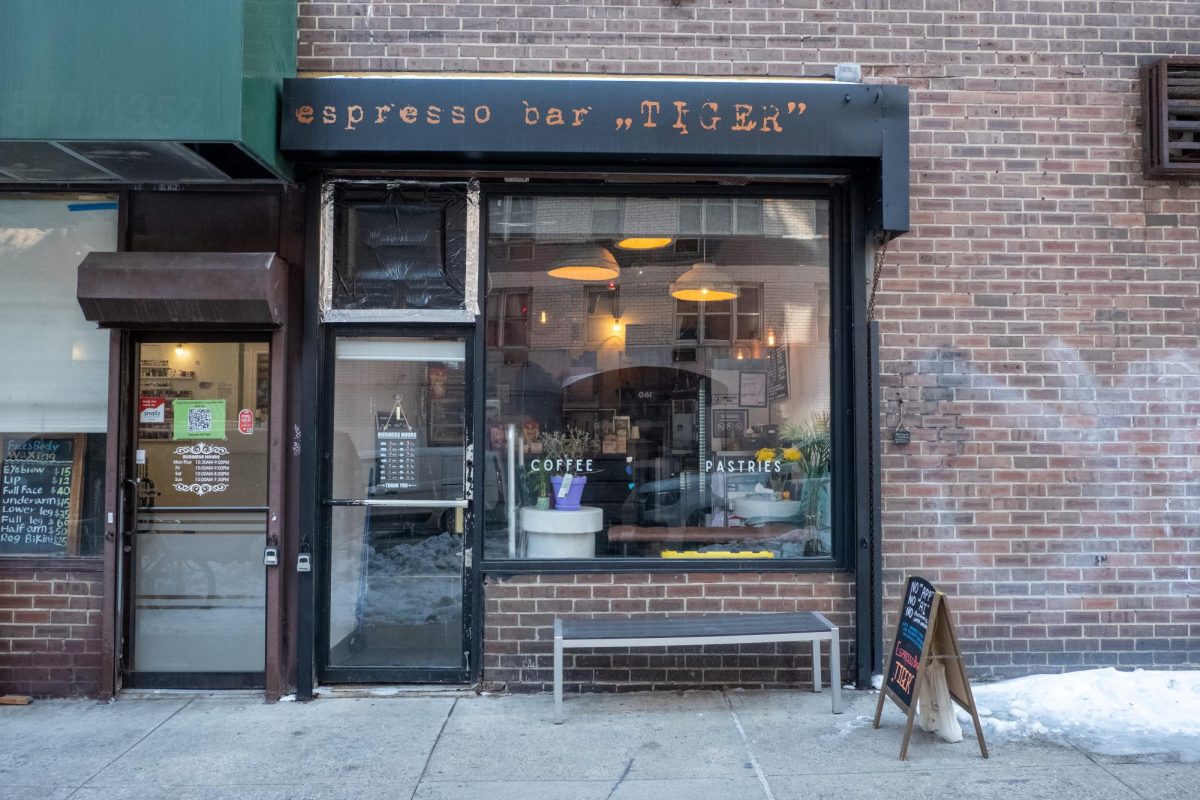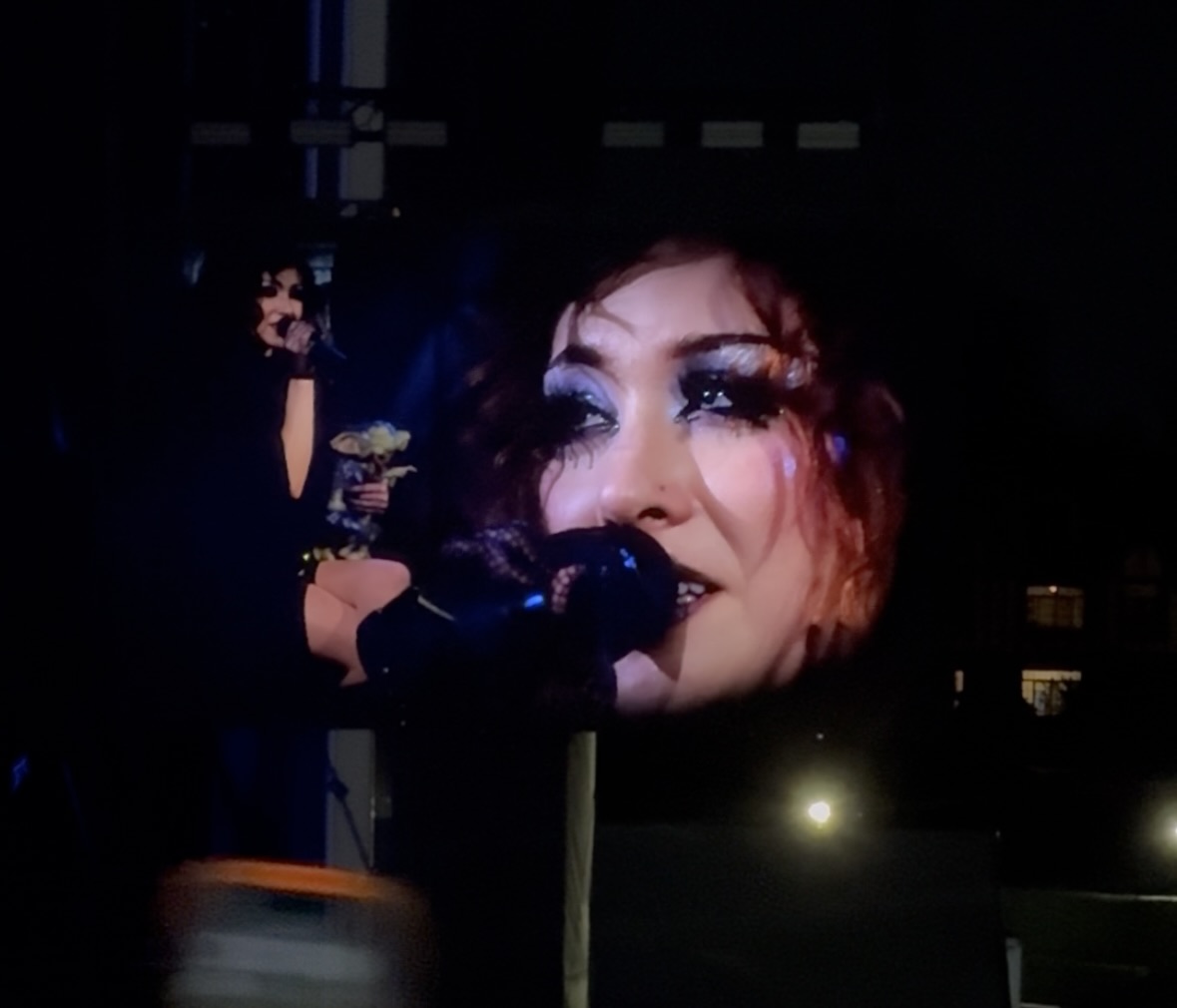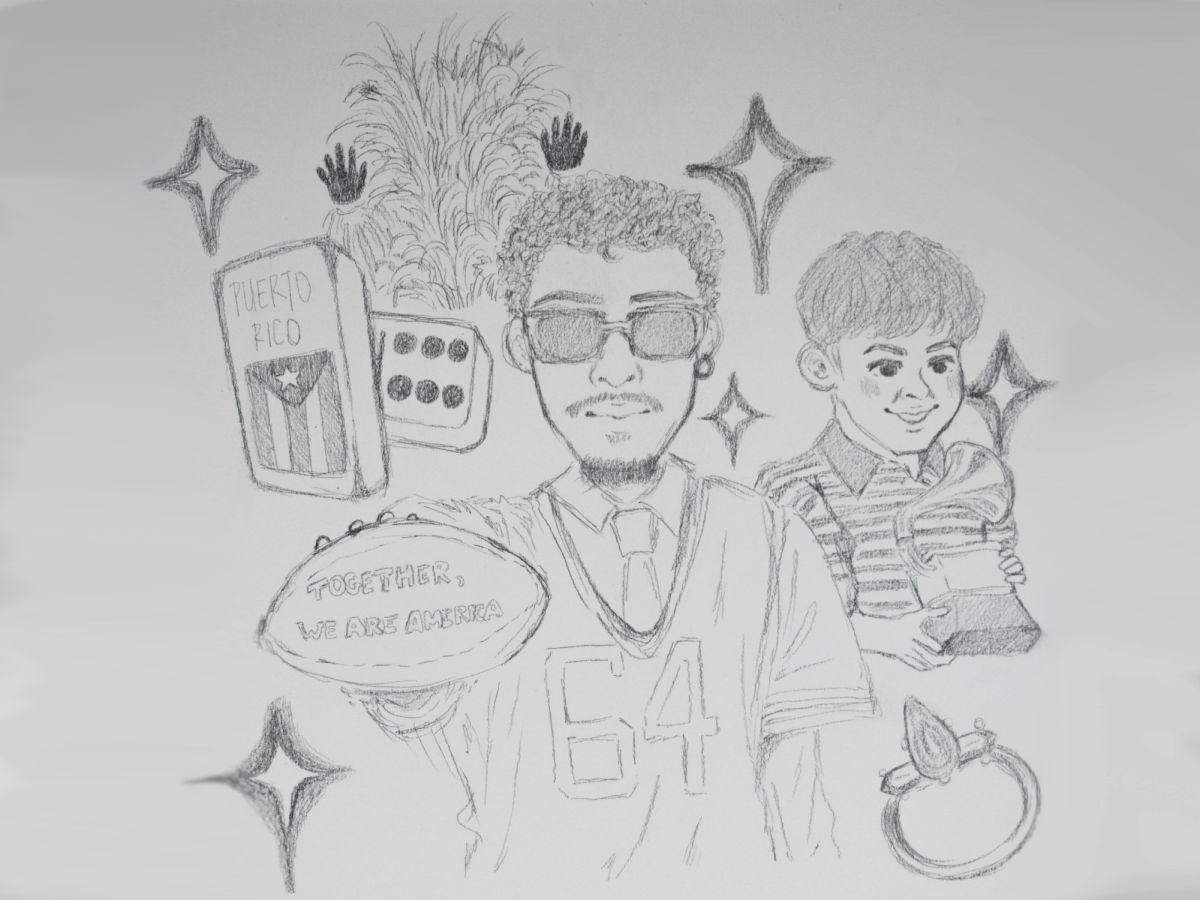Bong Joon-ho, the critically acclaimed director of “Parasite,” has come back to stir the masses with his new film, “Mickey 17,” which delves into the idea of what the world would look like if people gave in to the idea that they were replaceable. The buzz surrounding this movie, however, is not just full of praise.
While some films end with the main character dying, “Mickey 17” starts with a nervous and self-conscious Mickey Barnes, played by Robert Pattinson, coming to the end of his life. The film’s main twist, however, is that he’s coming to the end of his 17th life. It takes place 30 years into the future when humans have left Earth and are voyaging to another planet, Niflheim, in hopes of colonizing it.
Kenneth Marshall, played by Mark Ruffalo, leads the expedition after failing as a congressional candidate on Earth. Mickey Barnes unknowingly signs on to die repeatedly for the sake of experimentation and research. For this reason, his body is reprinted and his memories are restored using a hard drive.
On one of his assignments, Mickey 17 encounters one of the land’s native bull-sized worms that everyone assumes will kill him. Instead, the creeper cares for him and sends him back to the settlement.
Since no one believed Mickey 17 would survive, Mickey 18 was already printed. Now, the clones must choose whether to coexist and violate the government’s rule against multiples, or kill someone off.
Bong’s “Mickey 17” critiques the dangerous consequences of disregarding both individual identity and established communities. Mickey’s cloning and exploitation highlight how societies dehumanize individuals by treating them as replaceable.
Simultaneously, its colonialist themes demonstrate how expansionist ideologies justify harming communities in pursuit of power. These critiques challenge the audience to reconsider the value of selfhood and the ethical responsibility toward others.
Mickey 17 lived in a society that had a disregard for selfhood, and it was not until he was treated as such that he realized his life had value. Mickey lacked self-confidence, and the system exploited that fear of insufficiency. They conditioned him to believe his life made no valuable contribution, influencing him to tolerate injustice.
When Mickey 17 sees the new iteration of himself, despite Mickey 18 looking exactly like 17 and having the same memories, Mickey 17 realizes that he is not just a vessel for labor; his personhood is distinct from all the others, and his life matters.
The dystopian movie takes place decades from 2025, but the disregard for individual identity can be seen today. The film explores corporate exploitation where workers are treated as disposable, the fear that artificial intelligence and automation are replacing jobs, and the pressure for individuals to be constantly productive to maintain their worth.
The film also depicts the horror of treating an entire community as if they are disposable. Marshall and his cult-like followers neglect to respect the existing species on Niflheim. The creepers harmlessly dwell on Niflheim and even have the decency to save an earthling’s life, but this makes no difference to a leader driven by conquest and power.
The apathy for communities is also evident in the way they treat their own. Marshall discusses the idea of creating a genetically engineered human population to establish a “pure white” race on Niflheim. One mindset drives the cult: differences are dangerous.
Bong is known for sewing social critique into dark, satirical narratives. His films are a cautionary tale—although today they act more as a wake-up call to reality—to the dangers of authoritarianism, racism, and economic disparities.
Bong once again boldly broached these subjects in “Mickey 17.” This time, however, the narrative felt scattered. Although the execution fell short, these messages are more relevant than ever.
Mickey’s lack of agency and the creepers’ exploitation demonstrate how individuals and civilizations are stripped of their voices by governmental and social structures. They are seen as resources rather than beings with inherent value.
The film ultimately argues that respect for communities is invaluable. It also begs viewers to remember that when one gives up one’s self-worth, one gives up individual power.


